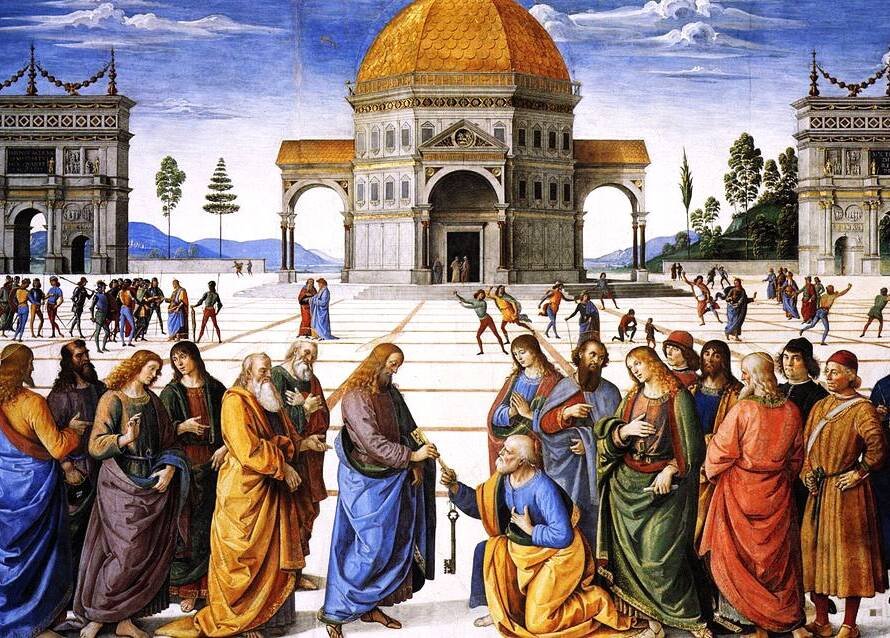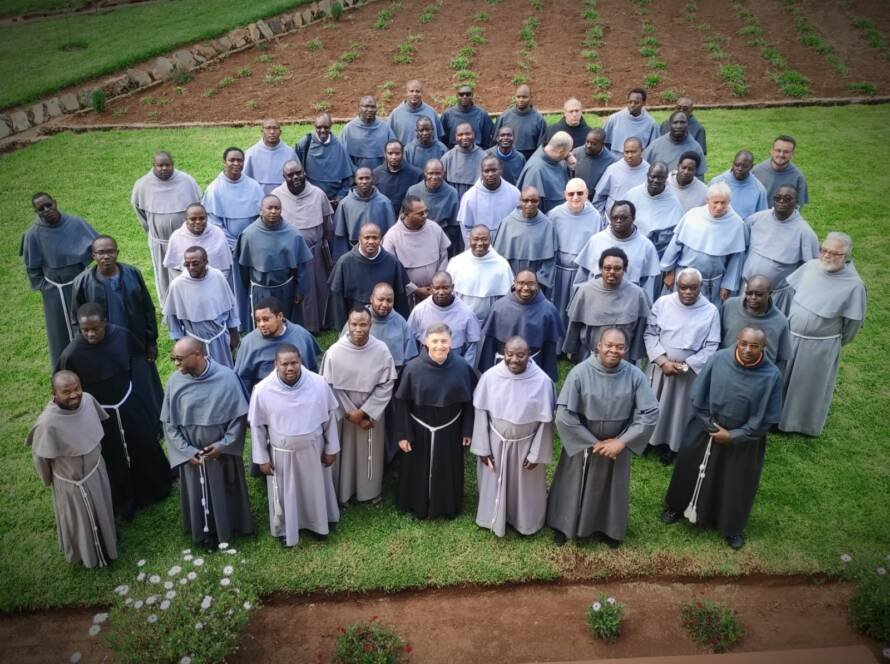The Unforgettable Legacy of St. Francis of Assisi: A Journey Through History
Introduction:
Saint Francis of Assisi, a name synonymous with compassion, humility, and love for all of God’s creations, holds a special place in the hearts of millions around the world. Born in the late 12th century in Assisi, Italy, this remarkable figure transcended the boundaries of time, leaving an indelible mark on Christianity and inspiring countless individuals to embrace a life of simplicity and service. Join us on a captivating journey through the life and times of St. Francis, exploring the historical context, pivotal moments, and enduring legacy of this beloved saint.
Early Life and Conversion:
Giovanni di Pietro di Bernardone, later known as St. Francis of Assisi, was born in 1181 or 1182 to a wealthy cloth merchant and his wife. Despite being born into affluence, Francis displayed a deep sense of compassion from a young age. His early life was marked by revelry and indulgence, earning him a reputation as a carefree youth.
However, fate had a different plan for Francis. A series of transformative experiences, including a serious illness and imprisonment during a conflict between Assisi and Perugia, served as catalysts for his spiritual awakening. It was during his imprisonment that Francis claimed to have received a divine vision, instructing him to “rebuild my Church.” This revelation set in motion a profound transformation that would shape the rest of his life.
The Founding of the Franciscan Order:
After his conversion, Francis renounced his former life of privilege and dedicated himself to a life of poverty, simplicity, and service to God. He embraced a lifestyle of humility and preached the gospel, calling for a return to the teachings of Christ. As his following grew, Francis attracted like-minded individuals who shared his commitment to poverty and piety.
In 1209, Pope Innocent III gave his approval for the formation of a new religious order, the Order of Friars Minor, commonly known as the Franciscans. This marked the official recognition of Francis’s mission to live the Gospel in radical simplicity. The Franciscan order quickly expanded, reaching various corners of Europe and beyond.
The Canticle of the Sun:
St. Francis was not only a charismatic preacher but also a poet. His most famous work, the “Canticle of the Sun” (also known as “Praises of Creatures”), reflects his deep connection with nature and all living beings. Composed around 1224-1225, the canticle is a hymn of praise to God for the beauty of creation, recognizing the interconnectedness of all living things.
The Stigmata:
In 1224, while praying on Mount La Verna, St. Francis experienced a profound mystical event known as the stigmata. During this transcendent moment, he received the wounds of Christ on his hands, feet, and side. The stigmata was seen as a divine confirmation of Francis’s deep spiritual connection with Christ’s suffering and a testament to his devotion.
Legacy and Canonization:
St. Francis of Assisi’s influence extended far beyond his lifetime. His commitment to poverty, humility, and love for all creatures endeared him to people from all walks of life. His teachings inspired not only the Franciscan order but also countless individuals seeking a more profound connection with God and the world around them.
St. Francis died on October 3, 1226, and just two years later, he was canonized as a saint by Pope Gregory IX. His feast day, celebrated on October 4th, is a time for reflection on his teachings and the impact of his legacy on the Catholic Church and beyond.
Conclusion:
The life of St. Francis of Assisi is a testament to the transformative power of spiritual awakening and the enduring impact of a life lived in service to others. His teachings on poverty, humility, and love for all of God’s creations continue to resonate in the hearts of those who seek a deeper connection with the divine. As we reflect on the history of St. Francis, let us be inspired by his example and strive to live lives of compassion, simplicity, and love.




